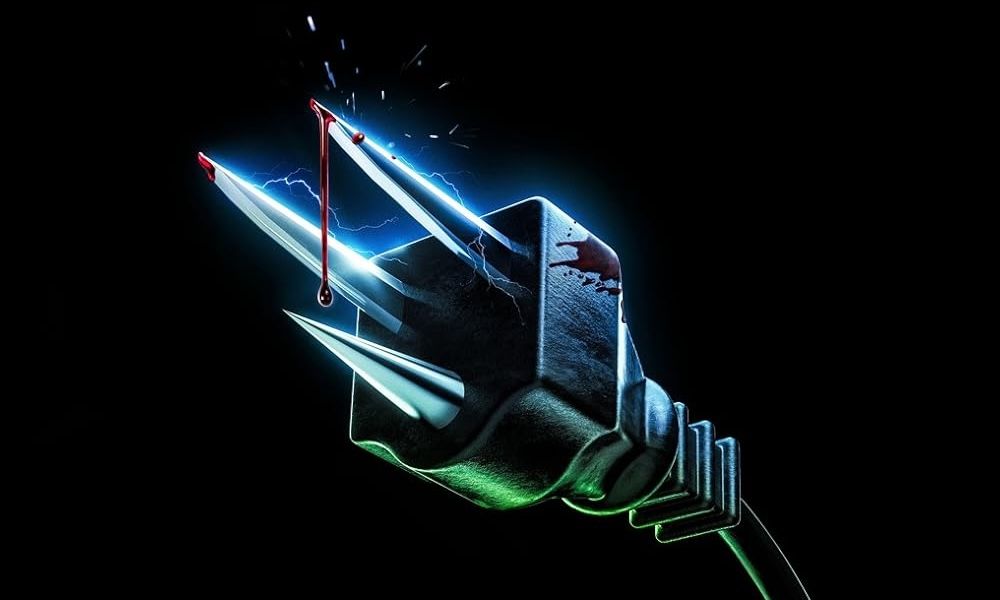
Review: Y2K (2024)
While previous generations have little choice but to reminisce about the good ole days, millennials just have to make a quick detour into the toy aisle at the nearest Target or Wal-Mart. There’s little difference between the bins of Power Rangers and Ninja Turtles that live in a corner of our parents’ garages and the franchise toylines catering to millennials’ offspring. Chalk up our incurable arrested development to a lack of imagination or Post 9/11-Great Recession trauma, but, contrary to the latest thinkpiece, my generation doesn’t live in a world governed by nostalgia. Most of us just refused to leave the one we grew up in.
Such may explain the hostile reception that met SNL alum Kyle Mooney’s new horror-comedy Y2K when it made a resounding thud at the box office last week. Set at the turn of the millennium, Mooney’s film fashions itself as an heir to Superbad before making a wild left turn into the rise-of-the-machines carnage not out of place in Stephen King’s coke-fueled genre classic Maximum Overdrive. In this parallel reality, Y2K isn’t just manufactured hysteria, but a global threat from sentient devices that turns the high school NYE party dorky Eli (Jaeden Martell) and his best friend Danny (Julian Dennison) crash so the former can kiss his crush, Laura (Rachel Zegler), into the most outlandish teen massacre since Carrie.
While Mooney relishes references to 90s staples from Surge to “Thong Song,” the movie is not a blood-soaked love letter to empty nostalgia. Like its predecessor Gremlins, it’s a genre film that attempts to diagnose its generation’s implosion while offering a damning critique of the victimization that defines peak millennialism. Its heroes aren’t the type to lap up promises of Hope and Change, but inquisitive skeptics whose distrust of Clintonian politics and the promise of the Internet would prove ascendant in 2024.
Although its “slaves to technology” undercurrent and Zegler’s lack of charisma prove quite the hindrances, its weaknesses fade away in the face of Limp Bizkit frontman Fred Durst’s glorious supporting turn–an act of go-for-broke self-deprecation not seen since 1999’s similarly unhinged Being John Malkovich.
Y2K may be getting the type of reception reserved for Limp’s late-career output, but, unlike Durst, its critics don’t seem willing to come to terms with themselves. For Mooney and Co., nostalgia is no mere creature comfort reserved for trivia night and memes about getting old. It’s a rallying cry against millennials’ worst tendencies.
Y2K is now playing in theaters.
